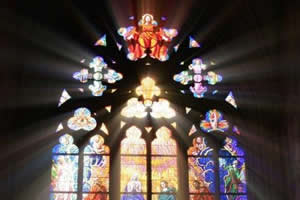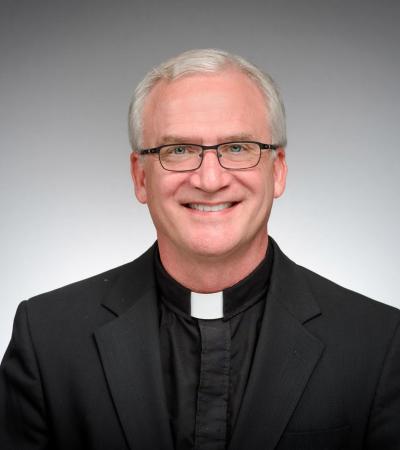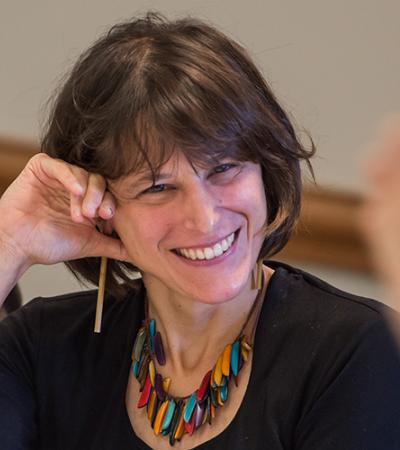Religion, Church, and the Integration of Migrants in Europe
Religion, Church, and the Integration of Migrants in Europe

Europeans vary greatly with respect to their attitudes toward the million-plus migrants who have entered Europe or have sought to enter Europe in recent years. In collaboration with researchers at partner institutions in Europe, this project seeks to determine whether, how, religious identity, beliefs, and practices affect the attitudes that European citizens across three countries (Italy, Germany, and Austria) have toward migrants and the appropriateness or possibility of their integration into European societies. Additionally, this project will assess the effectiveness of Catholic-based efforts to address the human and material needs of migrants and the impact that such efforts have on Catholic identity across the three countries. The project will focus in a special way on Italy as a pilot phase in the first year. It will employ a mixed-methods approach and an interdisciplinary perspective to address the following major questions:
- How do Europe’s Catholics compare to Europe’s Protestants, Jews, and Muslims in terms of their receptiveness to refugees and migrants? What explains the variation among European Catholics in the degree to which they are receptive to migrants?
- What are the greatest cultural/religious, political, social and economic obstacles to the integration of migrants in Europe?
- What role has the Church been trying to play to address these challenges and how effective has the Church been?
We will address these questions in collaboration with researchers at partner institutions in Europe. A first symposium will take place at the University of Notre Dame’s Global Gateway on 12-14 October 2017.
Partners: the University of Trento, the University of Milano-Bicocca, the Catholic University of Eichstätt-Ingolstadt, the University of Innsbruck, and the Institute for Advanced Studies in Social Ethics in Salzburg
Additional Researchers: Giancarlo Blangiardo and Giorgio Vittadini, University of Milano-Bicocca, Giuseppe Folloni, University of Trento
May 2019: Project update







